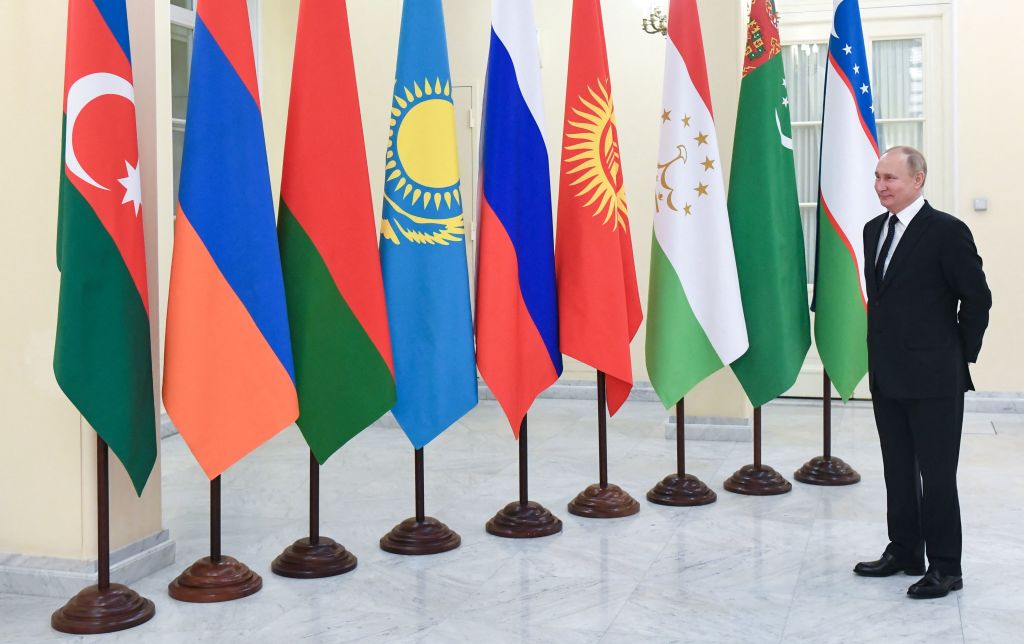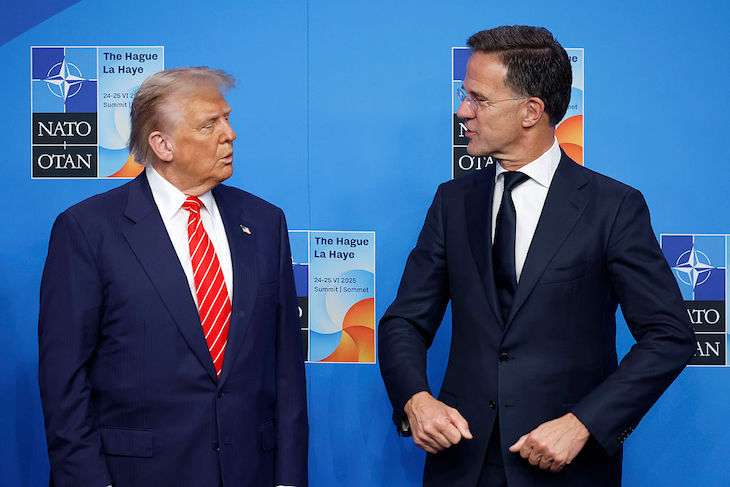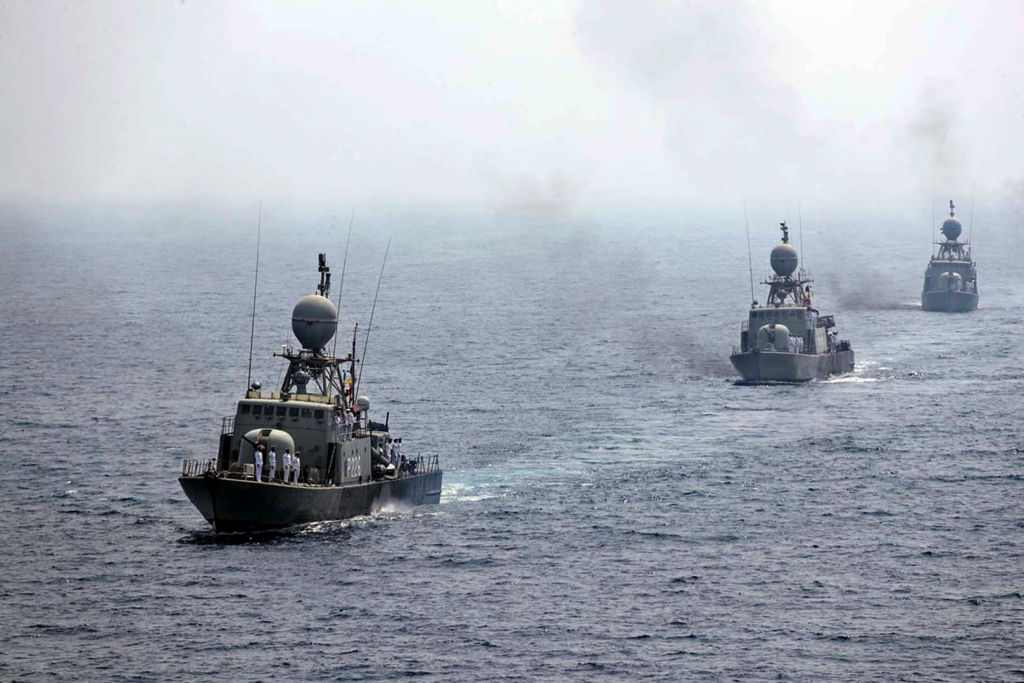Lost in the endless debate about whether Russia will invade Ukraine is the real reason that Moscow — armed with nuclear weapons and one of the most advanced militaries on the planet — feels so threatened by its neighbors, the NATO alliance, and ultimately the United States.
While the expansion of NATO in the 1990s plays a big role, it is Russia’s everlasting internal debate about its place in the world that is the real source of tension. It’s a historical black hole no one wants to get sucked into, but unless resolved it has the potential to be a source of armed conflict the likes of which Europe has not witnessed since World War II.
Geography and history are both a blessing and a curse for Russia. The old Russian Empire, the Soviet Union, and now the current Russian Federation have been massive states, stretching from the recognized limits of the European frontier all the way to the Pacific Ocean. This has created a very natural debate throughout Russian history: where does Russia belong? Is Russia part of European civilization, or even more broadly Western civilization? Is Russia really part of Asia? Or should Russia consider itself a unique civilization, a hybrid of East and West, aligned truly with no one?
History might have settled this problem once and for all. As the Soviet Union collapsed, the United States and other Western European nations could have recognized that there was a historic opportunity to settle the tortured question of Russia’s place in the world. They could have chosen to ease, at least to a much greater extent than they did, the collapse of the USSR and brought all willing nations created in the aftermath into the collective West. Just as was done for Imperial Japan and Nazi Germany, the old Warsaw Pact nations and successor states to the Soviet Union could have been given massive economic aid and standing invitations to join any relevant international institutions (yes, that would have meant membership for Russia in both the European Union and NATO). This would have ensured that Russia became a part of the West.
The benefits of such a geopolitical shift, as hard to fathom today as it is, would have been transformative. Russia and its dead empire would be a threat to no one, as its collective strength would have instead have been added to that of the West. While there is no doubt that integration in such a comprehensive manner would not have been easy, most of the old USSR and Eastern Europe have Christianity as their religion along with a shared sense of cultural and historical ties with the West that go back centuries. If France and Germany, for example, were able put aside two world wars and join into a greater European and Western family, Russia and its satellites surely might have done the same.
Why didn’t this happen? It would be easy to blame presidents George HW Bush and Bill Clinton for not doing enough to not bring Russia in from the Cold War. We must remember that the focus in 1990 and into 1991 was on Iraq’s invasion of Kuwait . The 1992 presidential election focused heavily on the recessed American economy and other domestic issues. This took attention away from the fall of the USSR.
Add in the rise of Russian oligarchs who had their own interests in staying away from the West, and Moscow slowly and surely went her own way, all while Eastern European nations joined Western institutions and NATO. Had more been done to ensure Russia’s place in the West, I would argue that Moscow would have had no reason to invade Georgia, Crimea, and now potentially greater Ukraine.
Instead the recent past and Russia’s geography have combined to create a unique problem. Russia is now truly a lost great power. Moscow is on the outside looking in, and naturally feels threatened. While Russia is blessed with trillions of dollars in natural resources and a rebuilt military that can kill billions with the flick of a switch, its demographic trends point to a nation in decline, its life expectancy is poor compared to Western nations, and it’s looking more like China’s junior partner by the day.
All of this brings us full circle to the current crisis in Ukraine. Despite all the predictable shots at President Joe Biden’s alleged weakness, Russia’s tortured place in the world is the real culprit here. Russia sees Ukraine not as it is now, a messy democracy with a military that would be crushed by Moscow, but as it could be ten years from now. That means Kyiv potentially transforming into a stable democracy with powerful armed forces modernized thanks to Europe and America with an economy that is closely intertwined with the West and demanding NATO and EU membership.
All of that Russia cannot allow. Putin isn’t likely to invade Ukraine, but rather to do what he did back in 2008 to Georgia: to slice up its territory and gut its military so it survives only on paper, ensuring the West will never allow it to join the EU and NATO.
Russia seeks to pass on its own feelings of insecurity to everyone else. If it cannot join the West and feels threatened by the West, then the West will pay a price, essentially ensuring we are doomed to replay the Cold War all over again albeit on a more limited geographic scale. Though sadly, the threat of nuclear war remains ever-present.
All of this didn’t have to come to pass. Had the West grasped the opportunity before it, had it done what it did for past vanquished great powers and embraced the old Soviet Empire — in its totality, including Russia — Moscow would not be trying to redraw the borders of Europe, as its own border would be secure.
Harry J. Kazianis is a senior director at the Center for the National Interest. In the past he served the foreign policy team of 2016 presidential candidate Senator Ted Cruz and has held various thinks tank positions at the Heritage Foundation, CSIS: PACNET, and the Potomac Foundation. Follow him on Twitter @Grecianformula.

























